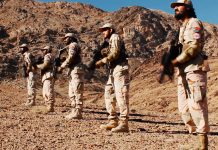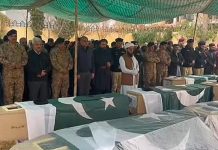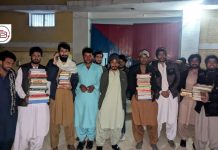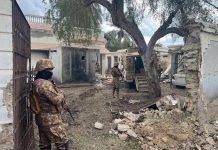The rulers of Pakistan have consistently maintained over the past two decades that the Baloch people should advocate for their rights within the constitutional framework of the country. However, a political movement that emerged in Balochistan, protesting against the state’s oppression, particularly concerning the recovery of missing persons coerced by Pakistani rulers, has been the target of state’s institutions attempt to quell it through force.
Every area of Balochistan bears the impact of policies designed to counter Baloch insurgency. Following the death of Balaach in staged police encounter, protests ignited in Turbat, spreading across the entire region and evolved into a movement. The Long March, passing through various areas such as Panjgur, Khuzdar, Quetta, Kohlu, Rakhni, Dera Ghazi Khan, Taunsa, and Dera Ismail Khan, converged on Islamabad, seeking justice.
Upon reaching Islamabad, Long March participants faced obstacles, including prevention from entering the city, arrests of Baloch women and students, torture, and attempts to force them out. The leader of the march Mahrang endured severe torture.
The coercive measures employed contradict the state rulers’ claims of supporting constitutional and peaceful struggle. Despite prior promises to grant rights to the Baloch people, the rulers, after wining elections, fail to acknowledge the legitimacy of Baloch women and mothers protesting for their rights.
Attempting to silence Baloch national voices through violence and oppression is futile. Today Balochistan resists Baloch genocide and oppression by breaking the walls of fear. If the state persists in repression and violence, the political resistance against these policies will endure with undiminished intensity.






























